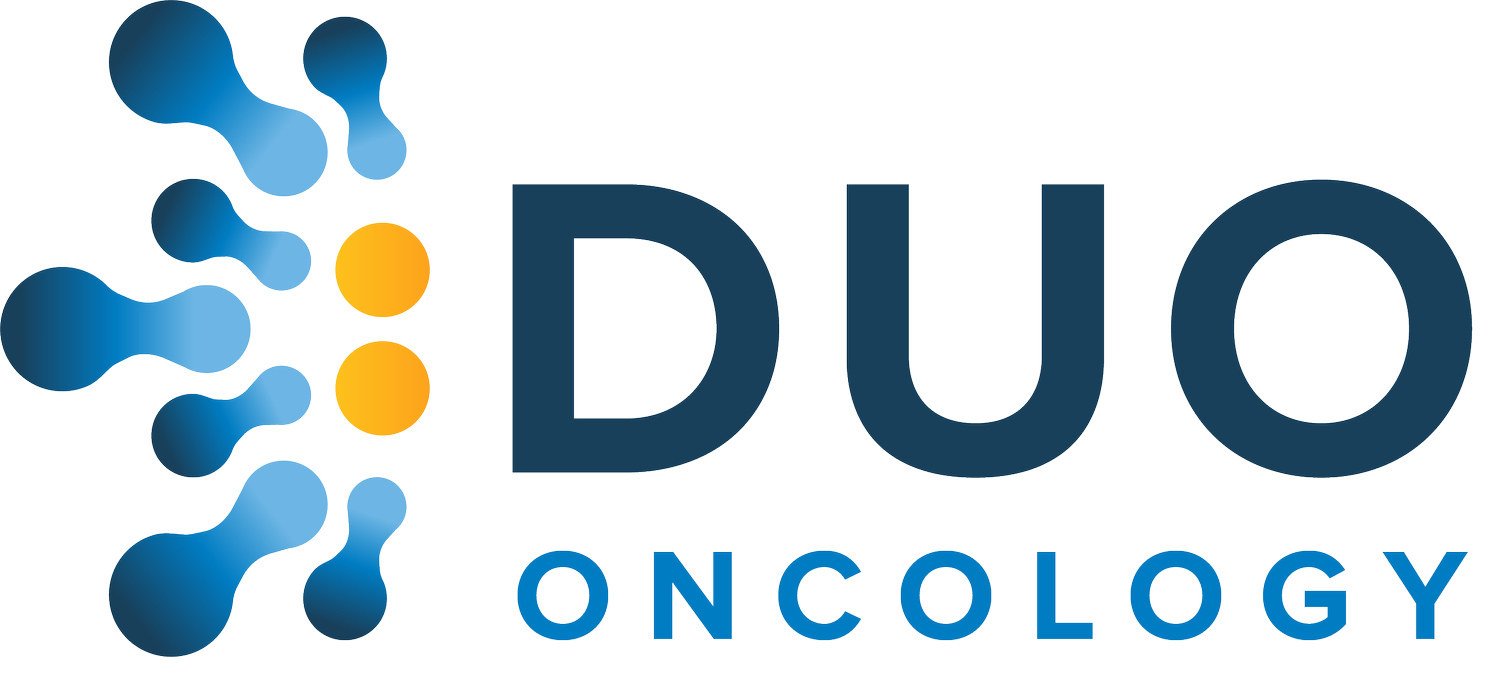Duo Oncology Earns FDA Orphan Designation
PITTSBURGH (PRWEB) September 19, 2023 – Duo Oncology, a life science company developing ultra-small cancer nanomedicines, is pleased to announce that the Federal Drug Administration (FDA) has granted our lead product, DUO-207, an Orphan Designation for the treatment of patients with pancreatic cancer. This is the second Orphan Designation for DUO-207, the first coming from the European Medicines Agency (EMA) in 2022. DUO-207 is an ultra-small nanomedicine that can penetrate deep into tumor tissue and co-deliver gemcitabine and paclitaxel to provide better anti-tumor therapy to pancreatic cancer patients.
The FDA’s Orphan Designation is granted to drugs or biological products intended to treat rare diseases or conditions. Rare diseases are conditions that impact fewer than 200,000 people in the United States. Orphan Designations help spur development of drugs for rare diseases and provide a 7-year period of market exclusivity after approval as well as exemptions from user fees and tax credits for clinical trials. Treatments that receive Orphan Designation must still undergo the same rigorous review process as other drugs seeking regulatory approval. More information about Orphan drug designation can be found on the FDA’s Orphan Designation website.
“We are delighted to announce that the FDA has granted DUO-207 an Orphan Designation for the treatment of pancreatic cancer,” said Sam Rothstein, CEO and Co-Founder of Duo Oncology. “Orphan Designations by the EMA and now the FDA provide recognition by critical regulatory bodies of the importance of developing new, efficacious treatments for pancreatic cancer. With this designation, Duo Oncology has reached another important milestone as we move closer to clinical trials.”
Pancreatic cancer (PDAC) is the deadliest solid cancer generating almost 496,000 cases worldwide each year and causing over 466,000 deaths. Chemotherapy, particularly a combined regimen, remains the primary treatment option for the 90% of patients with inoperable PDAC. In patient-derived and murine tumors, DUO-207 outperformed existing chemotherapy combinations and created a favorable tumor immune microenvironment.
“We see ultrasmall nanomedicines as an innovative approach to more effectively deliver known, effective therapies but also new chemical entities and novel drug combinations to tumor tissue,” said Dr. Song Li, Director of the Center for Pharmacogenetics at the University of Pittsburgh and Duo Oncology Cofounder. “We are pleased that the FDA sees the potential impact of DUO-207 for pancreatic cancer patients and the Orphan Designation will help us quickly bring this novel therapy to patients.”
